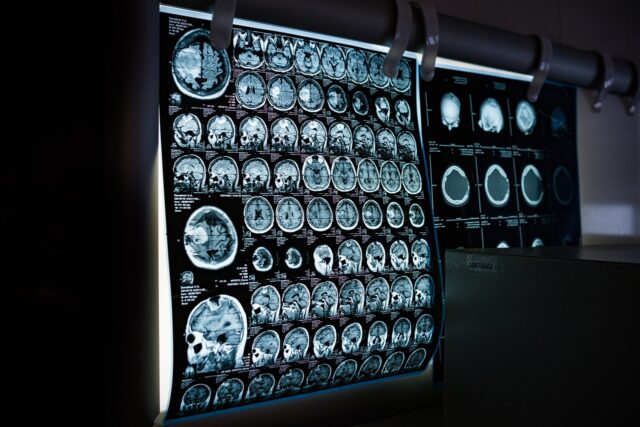Pregnancy brings a whirlwind of physical and emotional changes, and one phenomenon that many expectant mothers report is the notorious “pregnancy brain.” Often described as forgetfulness or a mental fog, this condition has sparked curiosity and concern alike. Just when we thought that we understood the realities of “pregnancy brain,” a new research study shows us that there is much more to the phenomenon than we thought.

In a new study, published in the journal Nature Neuroscience, researchers have created a comprehensive map of how the brain changes during pregnancy, showing just how little we knew about the vast affects that pregnancy has on a expectant mother’s brain.
Per their research, study authors found that during pregnancy, while certain areas of the brain may shrink in size, they become more interconnected, “with only a few regions of the brain remaining untouched by the transition to motherhood.”

Study author Dr. Emily Jacobs, associate professor in the department of psychological and brain sciences at the University of California, Santa Barbara said, in a news briefing that there has been “so much about the neurobiology of pregnancy that we don’t understand yet.”
She continued, “And it’s not because women are too complicated. It’s a byproduct of the fact that the biomedical sciences have historically ignored women’s health. It’s 2024, and this is the first glimpse we have at this fascinating neurobiological transition.”

According to Motherly.com, Jacobs and her team conducted their research by collecting 26 MRI scans and blood tests from pregnant participants, comparing them to eight non-pregnant control subjects. By the ninth week of pregnancy, they found significant reductions in gray matter volume and cortical thickness, particularly in areas of the brain linked to social cognitive functions. Gray matter is crucial for processes like speech, thinking, and memory, peaking in childhood and gradually declining thereafter.
Jacob’s stated that although they were able to gain extreme insight into “pregnancy brain,” more work and research is needed to better understand changes that happen, researcher implications, etc.
“We need better data,” Jacobs said. “Of the 50,000 brain imaging articles published in the last 30 years, less than half of 1% focus on health factors unique to women, like pregnancy. So, when we talk about the scientific body of knowledge, we’ve got to consider whose body does it serve.”